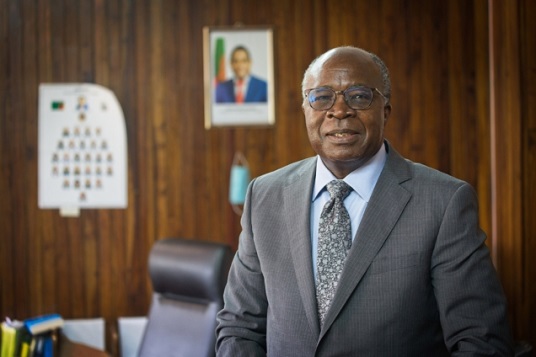Zambia’s quest to restructure its debt is in tatters after official creditors, led by China, forced the copper-rich African nation to suspend a deal of almost $4 billion in dollar bonds.
The Finance Ministry said on Monday, November 20, 2023, that President Hakainde Hichilema’s government “currently does not have the support of [official creditors] and is unable to move forward at this time” on a deal with bondholders, derailing attempts by the country to move on from its years-long default.
A committee representing Zambia’s private sector bondholders said it was “very disappointed and deeply concerned” over the collapse in talks, which occurred despite them agreeing to debt relief and the IMF signing off on a revised version of the deal.
“This is an extraordinary position to take and will have significant adverse consequences, most immediately for Zambia,” said the committee.
The private bondholders said official sector creditors’ rejection of their deal also threatened the credibility of a wider G20 common framework, agreed during the pandemic to secure agreements on debt relief for poor countries.
Zambia, which began defaulting in 2020, reached an agreement in October 2023 to extend maturities and forgive $700mn of post-default interest on bonds with an original face value of $3 billion. Africa’s second-largest copper producer needs deals with external creditors to continue receiving funds from a $1.3 billion IMF bailout and secure a fragile economic recovery since the default.
But creditors have disagreed over how much debt it can afford to pay in the next few years. Official creditors indicated that they viewed the October 2023 deal as too generous to private-sector bondholders. They had offered debt relief this year on $6.3 billion of debt.
Beijing is the dominant creditor among Zambia’s official lenders, following a series of loans made by Chinese banks during the past decade. Full terms of the official debt relief have not been disclosed.
Zambia’s government said on Monday that it viewed the deal “as compatible with the objective of restoring debt sustainability” and said it met with “the principle of comparability of treatment”, a rule in a sovereign debt restructuring that creditors should take roughly equal losses.
The bondholders’ committee said on Monday “It was not for official bilateral creditors to dictate debt terms to other creditors in circumstances where the government has confirmed comparability of treatment”.
Bondholders said tweaks agreed last week meant they were offering more relief in cash flow terms than official creditors. Their losses amounted to 41% of the projected flows versus 39% for the official sector in at least the first few years of a deal.
In 2026, Zambia will be assessed on whether it can carry more debt which could trigger higher payments. In that scenario, bondholders would give up 18% of the value of their debt, versus 13% for the official creditors.
The finance ministry said there was “no consensus” about how much private debt relief official creditors would accept. Bondholders have said that they should be given some leeway for agreeing to the direct $700 million reduction in the face value of their debt.
But for official creditors this “is not considered a mitigating factor” that would help a deal, Zambia’s finance ministry added. The committee said it was ready and willing to implement the revised bondholder deal backed by the IMF and the Zambian government “if a way can be found to obtain [official creditor] support or otherwise proceed with the debt restructuring Zambia so urgently need.
Source: Financial Times





